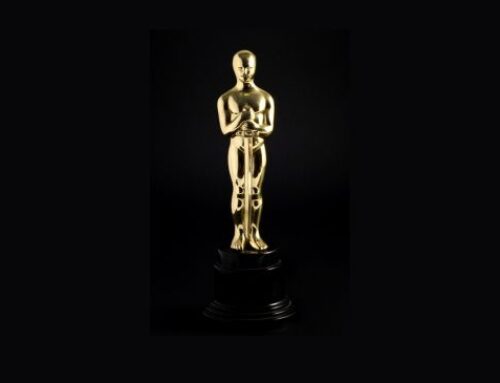 The scientist Stephen Hawking recently returned to TV screens with a new miniseries, his first since 1997, and like all eager presenters, he took the time to do some interviews to publicize the show.
The scientist Stephen Hawking recently returned to TV screens with a new miniseries, his first since 1997, and like all eager presenters, he took the time to do some interviews to publicize the show.
The series, Stephen Hawking’s Into the Universe, is the sort of symphonic, planet-hopping science entertainment that it seems so much easier to produce in an age of flashy computer graphics, and begins and ends with Hawking, frail and slumped in his wheelchair in a wood-paneled room at what one presumes is Cambridge University. As his computer-generated voice begins narrating, the camera zooms in on his eye and his voice changes to a mellifluous, stage-trained British voiceover, which accompanies us on a whiplash voyage into Hawking’s mind and his speculations about life in space.
In an interview with the London Times meant to talk up the first episode, Hawking warns us that, fascinating as it might be to imagine alien life forms waiting for us in the vastness of the galaxy, he thinks we should be discreet about announcing our presence, as making contact would be “a little too risky.”
While the first episode of Hawking’s series speculates about aliens with outlandish shapes – iridescent jellyfish swimming through the vast dark ocean under the ice crust of Jupiter’s moon Europa, or lumbering beasts that resemble a cross between a snail and a buffalo – the Times finds the scientist more given to regurgitating the plot of Independence Day.
“I imagine they might exist in massive ships, having used up all the resources from their home planet,” Hawking says. “If aliens ever visit us, I think the outcome would be much as when Christopher Columbus first landed in America, which didn’t turn out very well for Native Americans.” I don’t know whether to be more disappointed by Hawking’s taste in sci-fi flicks, or that such a distinguished thinker could so easily lapse into sophomoric platitudes.
Science fiction and space operas always remind me of a former friend, a published poet in his native Yugoslavia. He dissolved into disbelieving laughter when I told him that my generation, raised with the Apollo program and films like 2001: A Space Odyssey and Star Wars, firmly believed that we – and not just some NASA-trained elite – would experience space travel in our lifetimes. Growing up under Marshal Tito’s non-aligned communism, his threshold of possibility only extended as far as New York and San Francisco.
Today, the only science fiction film I have much time for is Steven Spielberg’s Close Encounters of the Third Kind. Released in 1977, it’s a final relic from an age before sci-fi got terminally slick, and special effects overwhelmed plausible characters (see Avatar). It’s also a film brimming with an optimism about our extraplanetary future that seems quaint today, a celebration of our longing to transcend, and a love letter to the playful but godlike creatures that Spielberg hoped were out there, waiting to take us to the next level.
But it isn’t that at all, really, which is why the film seems to deflate during what Spielberg calls the “operatic third act,” when Richard Dreyfus’ woebegone everyman finally makes contact. Up until then, Close Encounters is a truly heartbreaking story about families in the cratered aftermath of the so-called “sexual revolution,” featuring Dreyfus’ Roy, an overgrown kid who somehow seems to have become a husband and father, and Melinda Dillon’s anxious single mother.
Roy’s late night alien encounter stretches his family life to a breaking point as he becomes obsessed with an implanted memory that his wife and kids don’t share, while that same memory provides the only hope for Dillon’s character after the aliens “borrow” her son. If that weren’t enough, they have to contend with a government conspiracy to cover up the alien first contact; “the Man,” it seems, is willing to do almost anything to prevent them from achieving peace of mind and self-realization. It’s all very 1970s.
What works in the film is mostly an accident; the director admits that he wrote the film backwards from its climax, and out of expedience ended up painting a picture of a society in crisis while sketching a couple of sympathetic protagonists. After all that work, Spielberg should have gone back and rewritten his ending to one where the beatific aliens turn around and get back in their ship, leaving a note saying they’ll be back when we’ve got our priorities straight.




